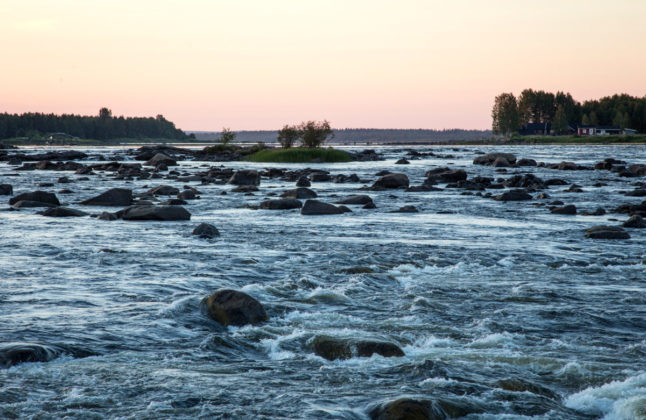Stockholm’s policy of assimilation in the 19th and 20th centuries “harmed the minority and continues to hinder the defence of its language, culture and traditional livelihoods,” the Truth and Reconciliation Commission for Tornedalians, Kvens and Lantalaiset said in an article published in Sweden’s main daily Dagens Nyheter.
“Amends must be made in order to move forward,” it said, adding that “acknowledging the historic wrongdoings” should be a first step.
The commission, which began work in June 2020, was to submit a final report to the government on Wednesday.
Tornedalen is a geographical area in northeastern Sweden and northwestern Finland. The Tornedalian, Kven and Lantalaiset minority groups are often grouped under the name Tornedalians, who number around 50,000 in Sweden.
The commission noted that from the late 1800s, Tornedalian children were prohibited from using their mother tongue, meänkieli, in school and forced to use Swedish, a ban that remained in place until the 1960s.
From the early 1900s, some 5,500 Tornedalian children were sent away to Lutheran Church boarding schools “in a nationalistic spirit”, where their language and traditional dress were prohibited.
Punishments, violence and fagging were frequent at the schools, and the Tornedalian children were stigmatised in the villages, the commission said.
“Their language and culture was made out to be something shameful … (and) their self-esteem and desire to pass on the language to the next generation was negatively affected.”
The minority has historically made a living from farming, hunting, fishing and reindeer herding, though their reindeer herding rights have been limited over the years due to complexities with the indigenous Sami people’s herding rights.
“The minority feels that they have been made invisible, that their rights over their traditional livelihoods have been taken away and they now have no power of influence,” the commission wrote.
It recommended that the meänkieli language be promoted in schools and public service broadcasting, and the state “should immediately begin the process of a public apology”.
The Scandinavian country also has a separate Truth Commission probing discriminatory policies toward the Sami people.
That report is due to be published in 2025.



 Please whitelist us to continue reading.
Please whitelist us to continue reading.
Member comments